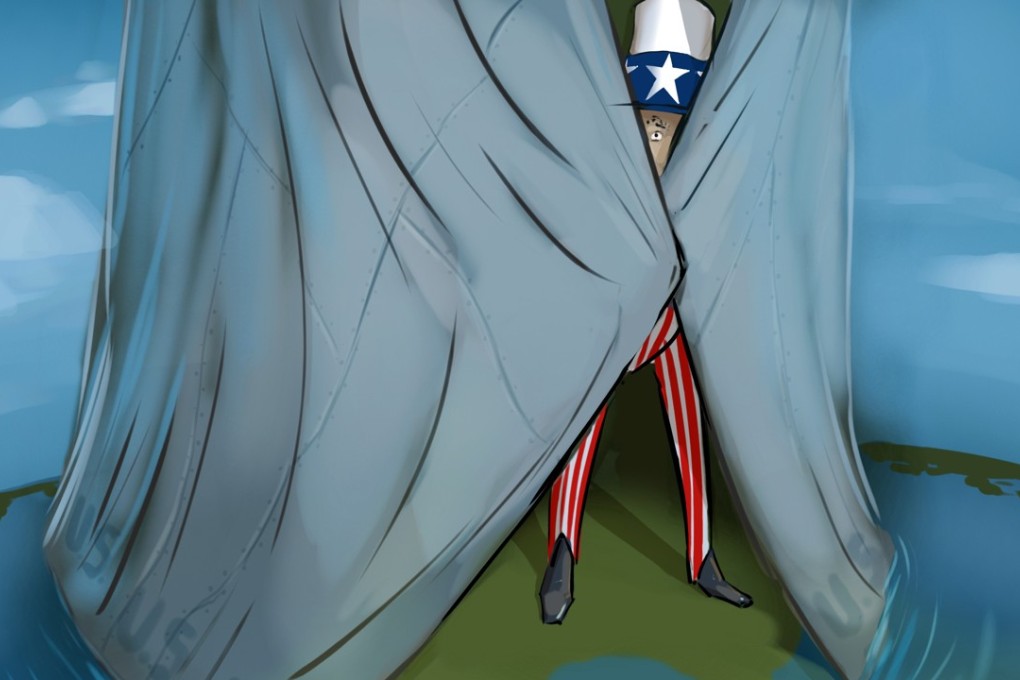Our newspapers are filled with stories about
Russia trying to
influence US elections, scientists being arrested as Chinese spies and questions about the loyalties of American leaders and officials. Every day, whether I’m reading sources from the
United States,
Europe or
Hong Kong, I come across someone discussing the ever-growing hostilities and fear. These are stories that would not have been out of place in the 1960s. With tensions running high and mistrust rampant, many are wondering whether the US is entering into a new cold war – with Russia,
China or both.
As someone who has been involved with
China-US relations since before Nixon’s 1972 visit to China ended the original cold war with China, I am left wondering if
a new cold war with China is truly inevitable. Is it simply a given that a rising China and a diminishing America will clash, or is the escalation of conflict one of our own making?
There are definitely areas of concern between the US and China. President
Xi Jinping’s China is more assertive and has started presenting itself as a true world power. As the US pulls away from many areas of its previous international influence – leaving
international treaties and
alienating allies – China is stepping into the spaces left behind.
There are still differences in world views and values between the two countries and there are also ongoing conflicts on issues such as
trade,
Taiwan and the
South China Sea. So yes, there is tension, mistrust and conflict. But does that mean the US and China should be positioned as bitter rivals?
Earlier this month, the Aspen Security Forum took place in Colorado, gathering together sitting and retired officials from the US intelligence community and State Department, think tank experts and media pundits, to discuss the major security issues facing the US today. During the conference, Christopher Wray, director of the FBI, described China as “the broadest, most challenging, most significant threat [Americans] face as a country”. He went on to argue that “China is trying to position itself as the sole dominant superpower, the sole dominant economic power. They're trying to replace the United States in that role”.

